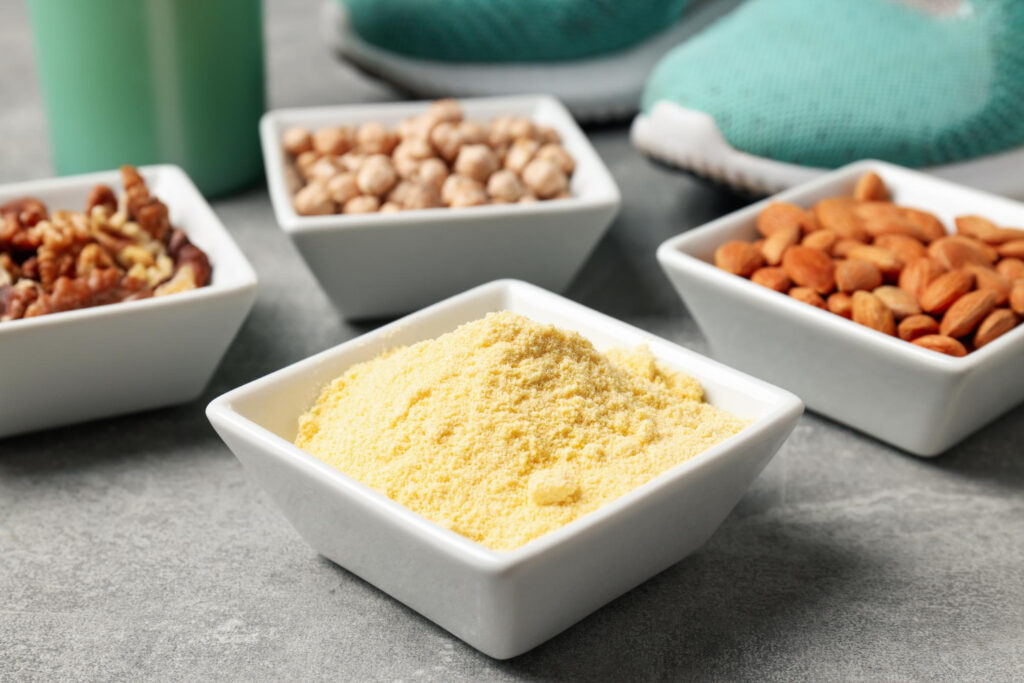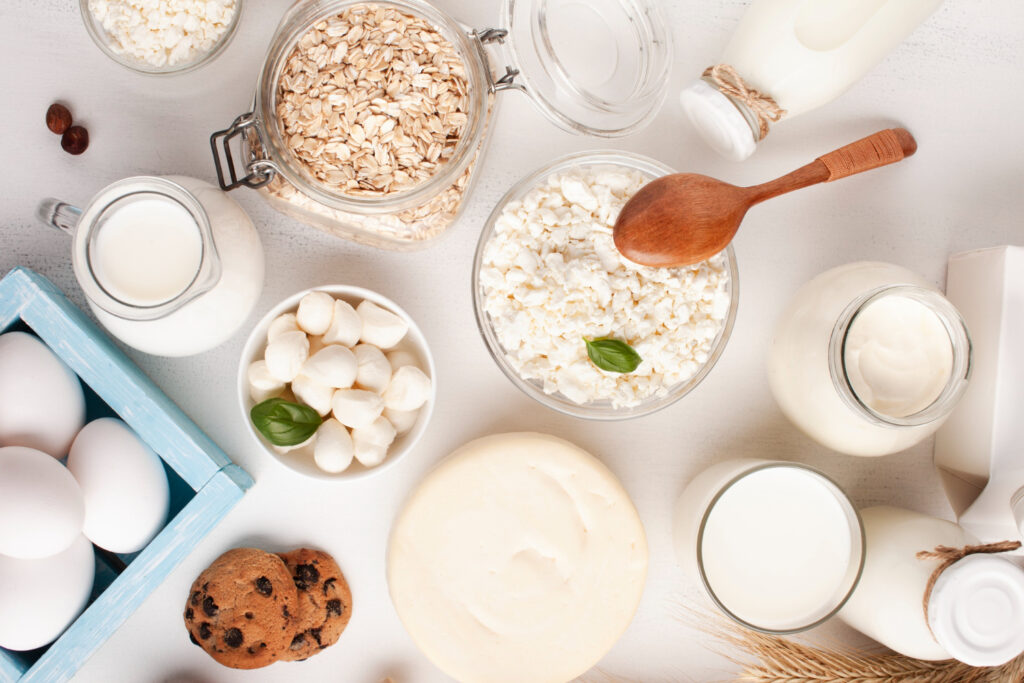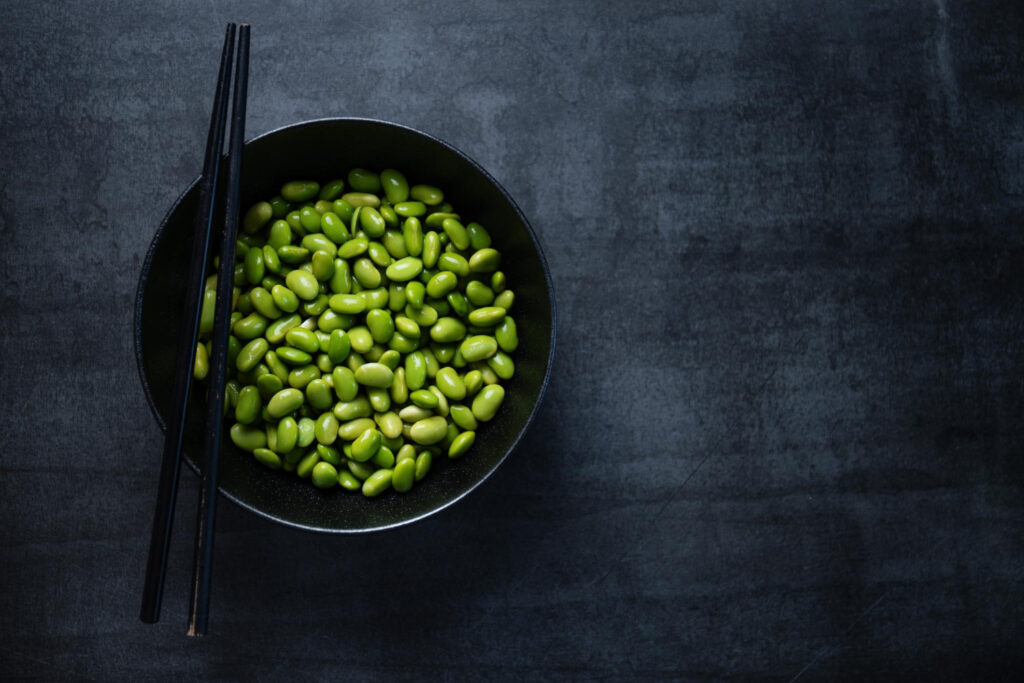Protein: The difference between success and failure
You’ve probably heard that protein is important for building muscle, but do you really know why? Get the scoop on protein and find out how it can make the difference between success and failure in your fitness journey.
Why do we need protein?
Protein is a macronutrient that is essential to the human body. It is required for the growth and repair of tissues, and it plays a role in many biochemical processes. Protein can be found in food sources such as meat, fish, poultry, dairy, eggs, and beans.
The body needs protein to build and maintain muscle tissue. Protein is also necessary for the production of enzymes and hormones. Without protein, the body would not be able to properly function.
How much protein do you need?
The amount of protein you need depends on your age, gender, and activity level. The Recommended Dietary Allowance (RDA) for protein is 0.8 grams per kilogram of body weight. For example, a person who weighs 68 kilograms would need 54 grams of protein per day.
What are the benefits of protein?
Protein has a number of health benefits. It can help you lose weight or maintain a healthy weight, as it makes you feel fuller longer than other nutrients. Protein can also help you build muscle mass and strength, and it can prevent bone loss. Additionally, protein is essential for proper immune function and healing.
Protein has a number of other potential health benefits as well. Some research suggests that it may help lower blood pressure, reduce inflammation, and improve blood sugar control. However, more research is needed to confirm these effects.
Are there any risks associated with consuming too much protein?
If you consume more protein than your body needs, the excess will be stored as fat. This can lead to weight gain and obesity. Additionally, consuming large amounts of protein may put strain on your kidneys and increase your risk of dehydration. Therefore, it’s important to consume protein in moderation and to speak with a doctor before increasing your intake if you have any health concerns.
There are two types of protein: animal-based and plant-based. Animal-based proteins are complete proteins, meaning they contain all the essential amino acids our bodies need. Plant-based proteins are incomplete proteins, meaning they are missing one or more of the essential amino acids our bodies need. The best way to get all the essential amino acids your body needs is to eat a variety of animal-based and plant-based proteins throughout the day.
Protein provides our bodies with the building blocks we need to create new muscle tissue. When we lift weights, we create tiny tears in our muscle fibers. In order for our muscles to repair and grow back stronger, they need protein. Protein also helps to keep us feeling full after we eat, which can help us avoid overeating and making unhealthy choices.
If you are not getting enough protein, you will not see the results you want from your workout routine. You may even find yourself gaining weight instead of losing it. So make sure you are eating enough protein every day!

The difference between success and failure
When it comes to protein, there is a big difference between success and failure. Successful people are able to get the most out of their protein by using it to build muscle, repair tissue, and support their immune system. On the other hand, those who fail to get enough protein often find themselves struggling with fatigue, illness, and poor performance.
So, what’s the secret to success? How can you make sure you’re getting enough protein?
Here are a few tips:
1. Eat a variety of proteins.
Protein comes in many different forms, so it’s important to eat a variety of them to get the most benefit. Some good sources of protein include meat, poultry, fish, eggs, dairy products, nuts, and beans.
2. Spread your protein intake throughout the day.
Your body needs protein throughout the day in order to function properly. Therefore, it’s important to spread your intake out over the course of the day rather than eating all of your protein at once.
3. Choose quality over quantity.
When it comes to protein, quality is more important than quantity. It’s better to eat a smaller amount of high-quality protein than a large amount of low-quality protein. High-quality protein sources include lean meats, poultry, fish, eggs, dairy products, and nuts.
4. Make sure you’re getting enough calories.
Getting enough calories is essential for anyone trying to build muscle or lose weight. If you don’t eat enough calories, your body will start breaking down muscle for energy instead of using protein to build muscle. Therefore, make sure you’re eating enough calories in addition to getting enough protein.

How to get more protein into your diet
Protein is an important nutrient that helps your body build and repair tissues. It also plays a role in regulating many of the body’s processes, including metabolism and hormone production. While you can get protein from a variety of sources, including animal products and plants, most people don’t get enough protein in their diet. This can lead to health problems, such as muscle weakness and fatigue.
If you’re looking to increase your protein intake, there are a few simple ways to do so. One way is to eat more high-protein foods, such as meat, fish, eggs, dairy, beans, and nuts. You can also add a protein supplement to your diet, such as whey protein powder. Additionally, you can try incorporating more plant-based proteins into your diet, such as quinoa, tofu, and tempeh. With a little effort, you can easily increase your protein intake and improve your overall health.

If you are vegetarian or vegan…
While meat and dairy are traditional sources of protein, there are plenty of vegan and vegetarian sources of protein that can be just as effective for athletes. Here are some of the best vegan and vegetarian sources of protein for athletes:
Lentils: Lentils are a type of legume that are high in protein and low in fat. They are also a good source of iron, which is important for carrying oxygen to your muscles.
Learn more about iron
Quinoa: Quinoa is a grain that is actually a complete protein, meaning it contains all nine essential amino acids. It is also high in fiber, which can help to regulate digestion.
Why is the human need for dietary fiber increasing in the 21st century?
Beans: Beans are another type of legume that are high in protein and low in fat. They are also a good source of iron and B vitamins.
Read more about vitamins in Our Blog.
Nuts and seeds: Nuts and seeds are a great source of healthy fats, as well as protein. Some of the best nuts and seeds for athletes include almonds, pistachios, sunflower seeds, and pumpkin seeds.
Protein powder: Protein powder can be made from soy, rice, or peas, and is a great way to get extra protein into your diet.
Getting enough protein can be a challenge, but it is your way to a healthier, happier life.

15 thoughts on “Protein: The difference between success and failure”